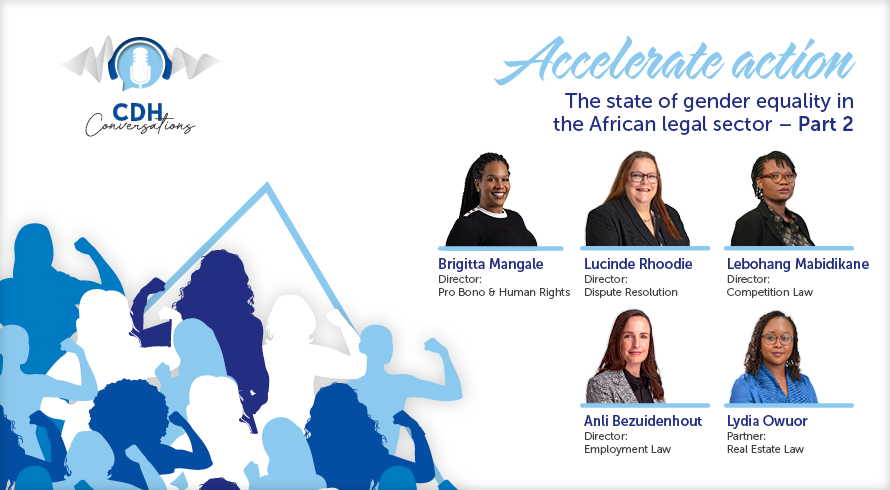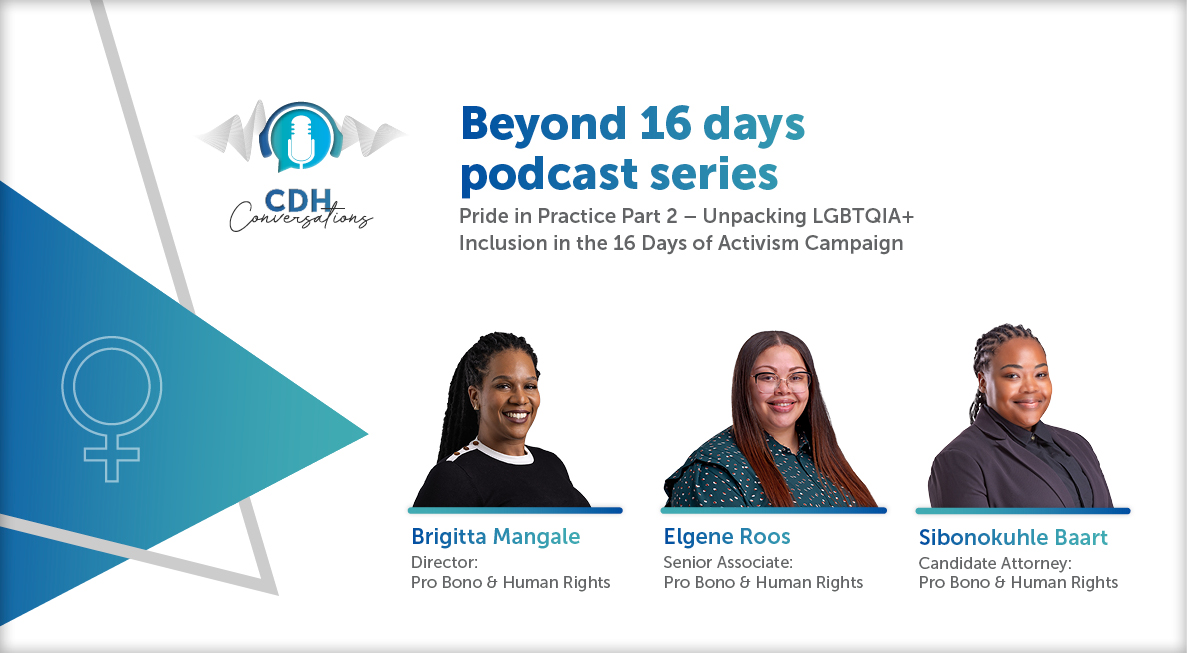Does the right to privacy protect employees from their duplicitous conduct on social media?
The High Court recently dealt with such issues in Harvey v Niland and Others (5021/2015) [2015] ZAECGHC 149 (3 December 2015). In this case, the applicant, Mr Harvey, and the first respondent, Mr Niland, were the only members of a close corporation, Huntershill Safaris CC (Huntershill) which offers professional hunting services to its clients. Niland was employed by Huntershill as a professional hunter and safari guide until mid-2015. Around that time, Harvey and Niland parted ways on bad terms and Niland took up employment with Thaba Thala Safaris (Thaba Thala), while remaining a member of Huntershill. Thaba Thala also provides safaris and professional hunting services.
Harvey suspected Niland of breaching his fiduciary duties to Huntershill by acting in competition with Huntershill, and soliciting and diverting its clientele to Thaba Thala. As Niland remained a member of Huntershill, he was still in a fiduciary relationship with the close corporation and therefore was in breach of his fiduciary duties through his activities with Thaba Thala. Harvey brought an urgent application to interdict Niland from these activities which allegedly caused financial and reputational damage to Huntershill.
Harvey initially only suspected, but had no evidence, of Niland’s breach of fiduciary duties. That changed when a colleague provided Harvey with Niland’s Facebook login details. Harvey accessed Niland’s Facebook account without permission and downloaded Niland’s Facebook communications which proved he had been actively soliciting Huntershill’s clientele and diverted them to Thaba Thala.
A central issue before the court was whether the unlawfully obtained Facebook communications could be admitted as evidence of Niland’s breach of fiduciary duties. Without the Facebook communications, Harvey had no real evidence to corroborate his suspicions. According to Plasket J, the common law rule preventing admission of unlawfully obtained evidence is not absolute, but subject to a judge’s discretion.
Plasket J examined Niland’s constitutional right to privacy which includes the right not to have “the privacy of their communications infringed”. In addition, s86(1) of the Electronic and Communication Transactions Act, No 25 of 2002 provides that “a person who intentionally accesses or intercepts any data without authority or permission to do so, is guilty of an offence”. That being said, however, Plasket J stated that all factors relevant to the context must nevertheless be considered. Such factors include: the extent to which, and the manner in which, the party’s right to privacy was infringed; the nature and content of the evidence obtained; whether the party seeking to rely on the unlawfully obtained evidence attempted to obtain it by lawful means; and that the end does not necessarily justify the means.
Plasket J ruled that Harvey had indeed acted unlawfully in violation of Niland’s right to privacy. However, the Plasket J referred to Gaertner & others v Minister of Finance & others 2014 (1) BCLR 38 (CC) where it was held that:
“privacy, like other rights is not absolute. As a person moves into communal relations and activities such as business and social interaction, the scope of personal space shrinks… what it means is that the right is attenuated, not obliterated. And the attenuation is more or less, depending on how far and into what one has strayed from the inner sanctum of the home”.
In this case, Niland’s behaviour played a decisive role in attenuating his own right to privacy. Plasket J stated that, “Niland had been conducting himself in a duplicitous manner contrary to the fiduciary duties he owed to Huntershill. That duplicity was compounded by the fact that he had denied that he was acting in this way and had also undertaken not to do so. In these circumstances, his claim to privacy rings rather hollow”. In light of Niland’s actions, members of society would expect that he “ought not to be allowed to hide behind his expectation of privacy,” which had only been raised to conceal his own conduct.
Returning to the initial question – to what extent can employees obscure their social media communications behind their constitutional right to privacy at the expense of their employer and its reputation? The answer put forward in the Harvey case is that it will depend on the context and facts of each incident. Employees should not place too much confidence in the shield of privacy, particularly where duplicitous conduct is involved.
In order to avoid such incidents, it is advisable for a company to have a substantial, all-encompassing social media policy and to ensure that their employees read, understand and bind themselves to the policy and its guidelines. This should protect employers, to some extent, from accusations of ‘unfair dismissal’ for social media related misconduct.
The information and material published on this website is provided for general purposes only and does not constitute legal advice. We make every effort to ensure that the content is updated regularly and to offer the most current and accurate information. Please consult one of our lawyers on any specific legal problem or matter. We accept no responsibility for any loss or damage, whether direct or consequential, which may arise from reliance on the information contained in these pages. Please refer to our full terms and conditions. Copyright © 2026 Cliffe Dekker Hofmeyr. All rights reserved. For permission to reproduce an article or publication, please contact us cliffedekkerhofmeyr@cdhlegal.com.
Subscribe
We support our clients’ strategic and operational needs by offering innovative, integrated and high quality thought leadership. To stay up to date on the latest legal developments that may potentially impact your business, subscribe to our alerts, seminar and webinar invitations.
Subscribe




